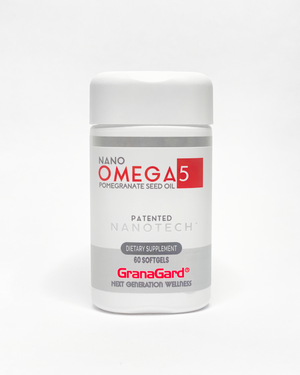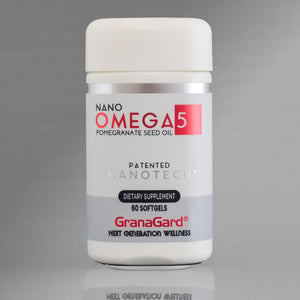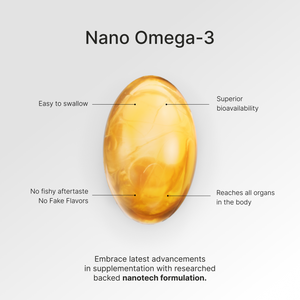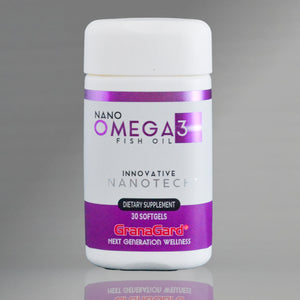Understanding Natural Antioxidants and the Role of Omega-3 and Omega-5 Fatty Acids
Antioxidants play a crucial role in combating oxidative stress and maintaining overall health. Let's delve into the various types of natural antioxidants and explore how omega-3 and omega-5 fatty acids contribute to their benefits.
Types of Natural Antioxidants
1. Antioxidant Enzymes
Enzymes such as superoxide dismutase (SOD), glutathione peroxidase, and catalases are synthesized in the human body and play a vital role in neutralizing free radicals. These enzymes require essential minerals like iron, copper, selenium, and zinc for optimal function, highlighting the importance of a balanced diet rich in quality protein sources.
2. Antioxidant Vitamins
Antioxidant vitamins, including vitamins A, C, and E, are essential for scavenging free radicals and protecting cells from oxidative damage. Vitamin A supports immune function, eye health, and tissue repair, while vitamin C aids in skin protection, iron absorption, and immune system regulation. Vitamin E contributes to vascular health and skin integrity, while folic acid is crucial for reproductive health.
3. Antioxidant Phytochemicals
Phytochemicals found in plants, such as carotenoids, flavonoids, and polyphenols, serve as natural antioxidants. Consuming fruits, vegetables, and whole grains rich in these phytochemicals can enhance antioxidant defenses and promote overall well-being. Notably, punicic acid, extracted from pomegranate seed oil, has emerged as a potent antioxidant phytochemical, exhibiting remarkable efficacy compared to other natural antioxidants.
The Role of Omega-3 and Omega-5 Fatty Acids
Omega-3 and omega-5 fatty acids, essential fatty acids abundant in foods like pomegranates, offer additional antioxidant benefits. These fatty acids help mitigate inflammation, support cardiovascular health, and enhance cognitive function. Incorporating omega-3 and omega-5 fatty acids into the diet, such as through innovative formulations like GranaGard®, can amplify the antioxidant properties of natural antioxidants, providing comprehensive protection against oxidative stress.
Embracing Natural Antioxidants for Optimal Health
By harnessing the power of natural antioxidants and integrating omega-3 and omega-5 fatty acids into daily nutrition, individuals can fortify their body's defenses against oxidative damage and promote longevity. Whether through whole foods or specialized supplements, prioritizing antioxidant-rich sources is key to nurturing vibrant health and vitality.
With a holistic approach to nutrition that encompasses diverse antioxidants and essential fatty acids, individuals can embark on a journey towards enhanced well-being and resilience against the challenges of aging and environmental stressors.





